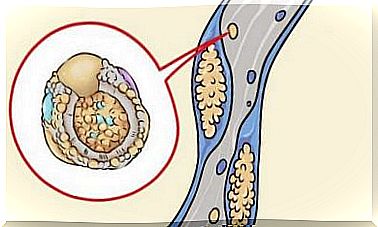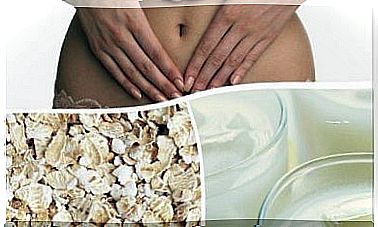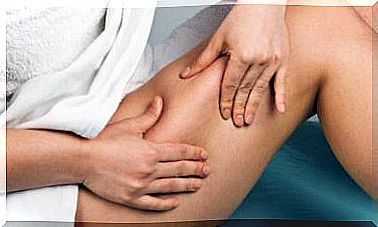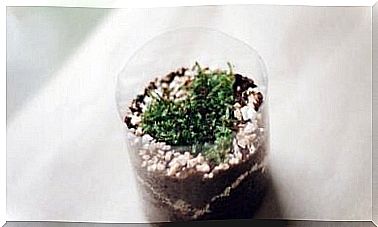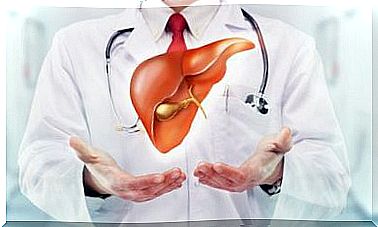Covid-19: Is It Possible To Infect Others After Recovering From The Disease?
At this time, there is not enough information about the possibility of infecting others after recovery from the disease. While waiting for new findings on the subject, the best thing to do is to continue to follow active prevention measures for two weeks after symptoms disappear.
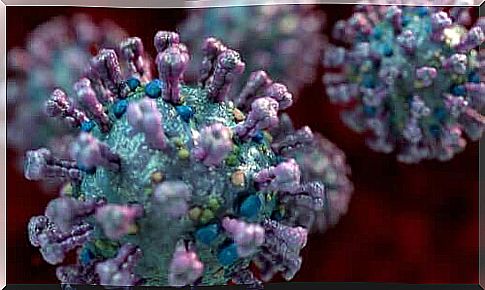
There is not enough scientific evidence on the possibility of infecting others once recovered from COVID-19. This is the conclusion Chinese scientists came to after examining several people who had just recovered from the disease. In addition, other research indicates that traces of the virus remain in the feces for a considerable period of time.
What we know for the moment on the subject is that the total elimination of the virus takes place over several periods of time. Depending on each case. In some patients, there is no trace of the coronavirus until two days after disease remission. In others, on the other hand, the virus can stay for up to eight days before disappearing completely.
Whatever the length of this period of time, what is certain is that it is still unclear whether it is possible to infect others after recovering from the disease. Therefore, it is necessary to maintain precautionary measures even when one no longer has any symptoms.
The possibility of infecting others after recovering from COVID-19
A study by Chinese scientists and published in the American Journal of Respiratory and Critical Care Medicine reports that science still does not know if it is possible to infect others after recovering from COVID-19. The study is based on only 16 patients, which is why the data should be regarded as provisional data.
The 16 patients in the sample had been treated at a Beijing hospital and were released between January 28 and February 9, 2020. In all but one of these patients, the incubation of the virus lasted for five days. And, on average, these patients exhibited symptoms for eight days.
In addition, in these same patients, the coronavirus took a certain time before disappearing completely from the body, between one and eight days to be exact. Scientists do not know if during this time those affected can infect other people. When in doubt, those concerned should maintain preventive measures, even when they no longer show any symptoms of the disease.
Dr. Lokesh Sharma of Yale University of Medicine and co-author of the study also points out that the most severe cases are likely to require a longer period of time before the virus is completely cleared.
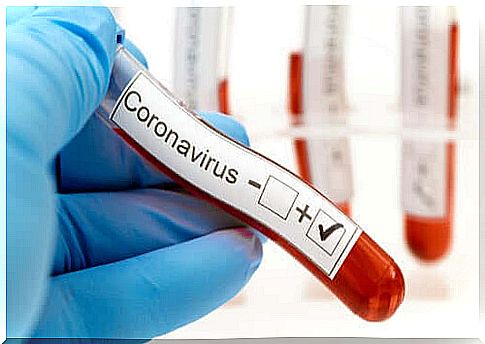
The tenacity of the virus in the intestine
Another study published on The Lancet also warns of the possibility of infecting other people once recovered from COVID-19. The study reports that the virus continues to reproduce in the gut, even after symptoms subside.
The study also adds that traces of the virus were found in feces for up to five weeks after symptoms subsided. The patients in whom this was found had tested negative for COVID-19 from samples taken from the nose and throat.
In this regard, the study reports:
The World Health Organization (WHO), for its part, has reported that there is no scientific evidence for this possibility. In one of her press releases, she expresses the following:
Precautions to take after recovering from COVID-19
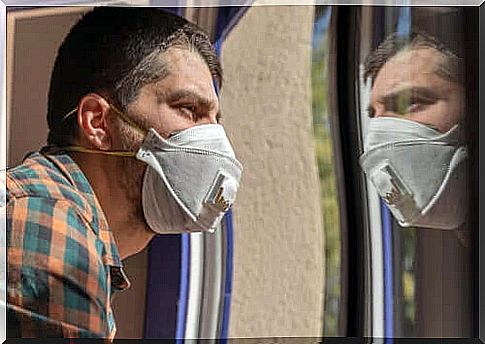
You will understand, for the moment, there is no absolute certainty on the possibility of infecting others after recovering from COVID-19. However, when in doubt, patients should take all necessary precautions. Ideally, patients who have just recovered from the disease follow the same precautions as patients with the disease still active.
Experts therefore recommend the following: Those who have just recovered from the disease should remain in quarantine for at least 14 days after symptoms subside. This may seem excessive to some, but given the risks, it is better to overdo it than not enough.
Regarding fecal transmission, specialists recommend maintaining strict precautions when handling the feces of infected patients. If these patients are at home, it is ideal that, if possible, these patients have their own bathroom.
In addition, waste water from hospitals should be disinfected. As is generally the case and as it should continue to be, the ideal is for the toilets to enjoy an irreproachable standard of hygiene. If someone absolutely must use a public toilet, then it is best to clean the toilet in question with a solution of chlorine and water.
Responsibility for patients recovering from COVID-19
Society in general calls for the accountability of patients who have just recovered from the coronavirus infection and released. One of the duties of former patients to their family, friends, neighborhood and country of residence is to avoid infecting others once they have recovered from the disease.


